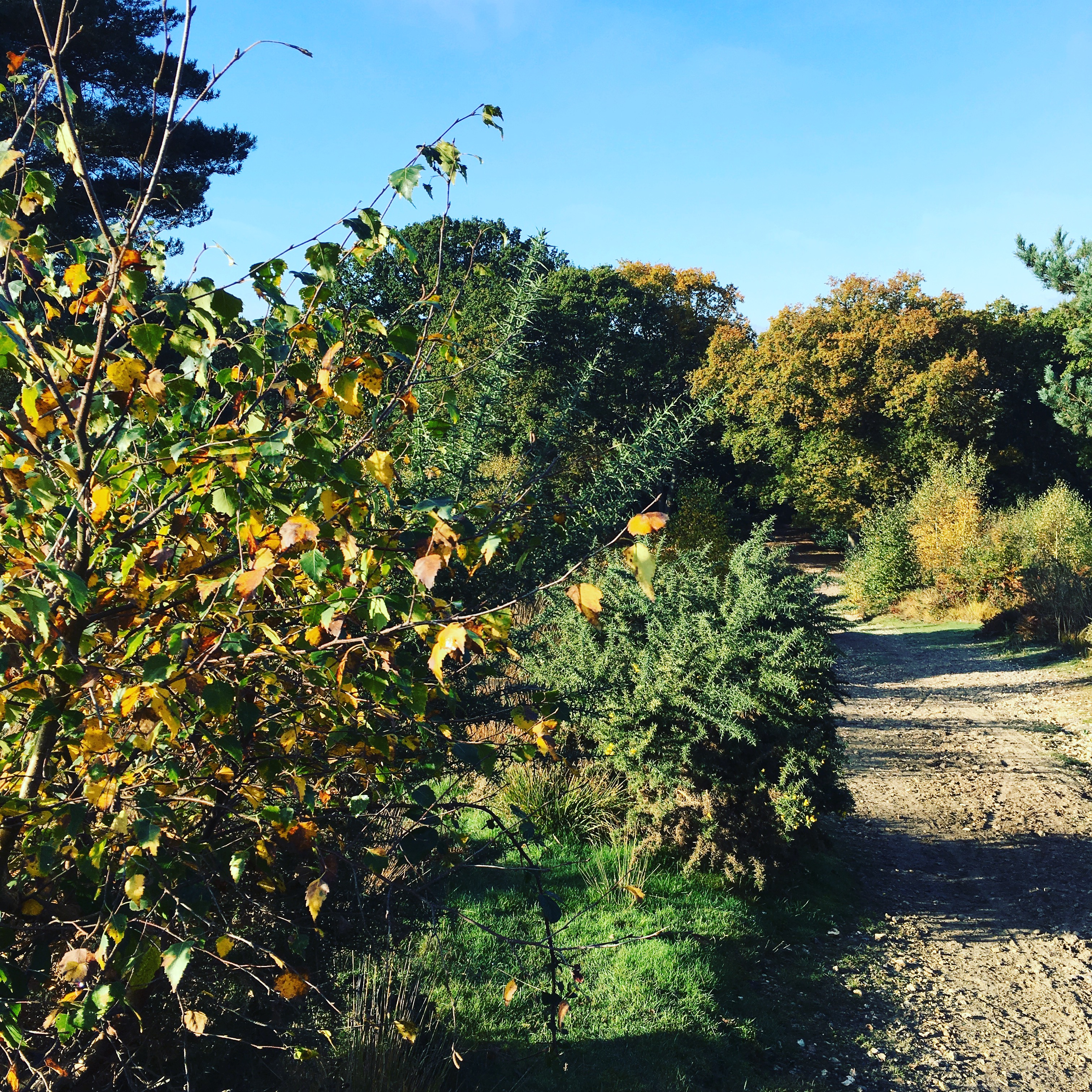 At the gym the other day I noticed how many people were sniffling and sneezing. It’s hay fever time again and the common symptoms are sneezing, watery eyes, a runny, itchy nose and sometimes fatigue. It’s been estimated that about 20% of the UK population suffer – that’s a lot of people. If you are one of these people your immune system is treating the triggers, usually pollen, as if it were a threat to your body. Part of the immune response is to release histamines which are an essential part of our body’s defence system but in this case, cause the annoying symptoms.
At the gym the other day I noticed how many people were sniffling and sneezing. It’s hay fever time again and the common symptoms are sneezing, watery eyes, a runny, itchy nose and sometimes fatigue. It’s been estimated that about 20% of the UK population suffer – that’s a lot of people. If you are one of these people your immune system is treating the triggers, usually pollen, as if it were a threat to your body. Part of the immune response is to release histamines which are an essential part of our body’s defence system but in this case, cause the annoying symptoms.
The common treatments are anti-histamines either in tablet, eye drops or nasal sprays. The problem with these is that they can make you sleepy (some are even used as insomnia treatments), headaches, dry mouth and nausea or stomach upsets.
So, are there more natural ways to help?
It may be a bit late for this year but something to remember is that many people find that a spoonful of local honey every day starting well before the pollen season can help. There isn’t much evidence to support this but it really does work for some people. The logic is that you are desensitising yourself to the local pollens.
Quercetin is a natural compound that anti-inflammatory and can help regulate our immune system. It’s found in lots of foods including apples, red grapes, citrus fruits, tomatoes, peppers, cruciferous veg like broccoli and cabbage, leafy green veg like spinach and kale and it’s in onions, both red and white and you get highest levels when eating them fresh and raw. So, a big summer salad which includes red onion, pepper, baby leaf spinach, tomatoes and peppers will help.
Bromelain helps support healthy nasal and respiratory airways. It may help to increase absorption of quercetin and it can support our body’s inflammation responses and how we process histamine. Bromelain is found in pineapple, mainly in the stem.
Omega 3 fats – these are important to our bodies in so many ways but in respect of hay fever it is to reduce inflammation. Eating oily fish such as salmon, mackerel, trout, herring, pilchards and sardines 3 times a week can help. Fresh tuna contains these fats but tinned has very little. Other useful sources are walnuts, sunflower seeds and chia seeds. This won’t have an overnight effect so you need to keep your levels up all the time to make a difference.
A natural diet. Many hay fever sufferers find that a diet high in vegetables and fruit and low in dairy, wheat and sugar improves symptoms as this supports our immune systems.
Vitamin C has many effects on histamine, so eating red, yellow and orange bell peppers, strawberries, kiwi fruity and lots of green leafy vegetables will help your vitamin C levels.
Bioflavonoids are the group of plant pigments that are largely responsible for colours of many fruits and flowers. They can modify the immune system’s reaction to the allergy triggers. So, eating a wide variety of colourful veg and fruit will provide more of these.
Vitamin D is essential to a healthy immune system. Sunshine is the best source of this so spending time out in the sun daily for short periods with your forearms, hands or lower legs uncovered and without sunscreen is a good idea, especially from 11am to 3pm. You need to be careful not to burn (or even turn red) but how long this takes is individual and will depend on the colour of your skin. Many people in the UK have low levels of vitamin D, even in the summer and there is a simple finger prick test you can do to check your levels.
Phytosterols are fats that are naturally present as minor components of various plant-derived foods, including vegetable oils, such as rapeseed and sunflower oil, and fruit, vegetables, grains, nuts and seeds. They can help modify the immune system to calm down the reaction to the allergy triggers.
There are some excellent supplements available at the clinic that contain a lot of these natural compounds to help boost levels, but you do need to check any interactions with any medication you may be taking.
If you would like guidance on managing hay fever do contact the clinic to arrange a nutrition consultation.

